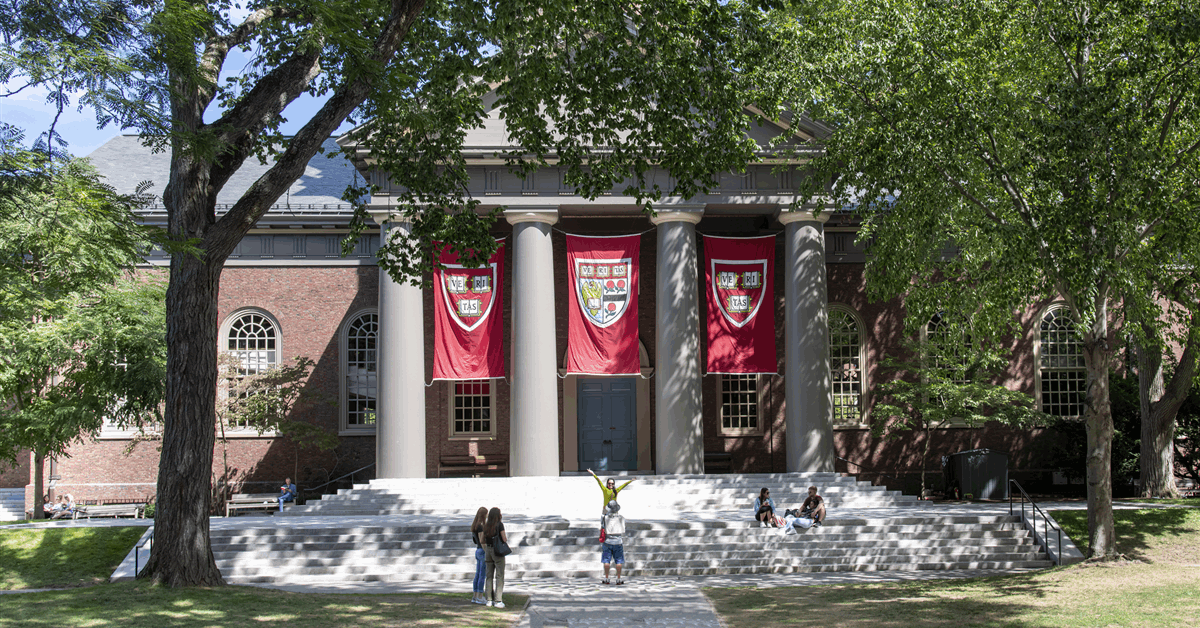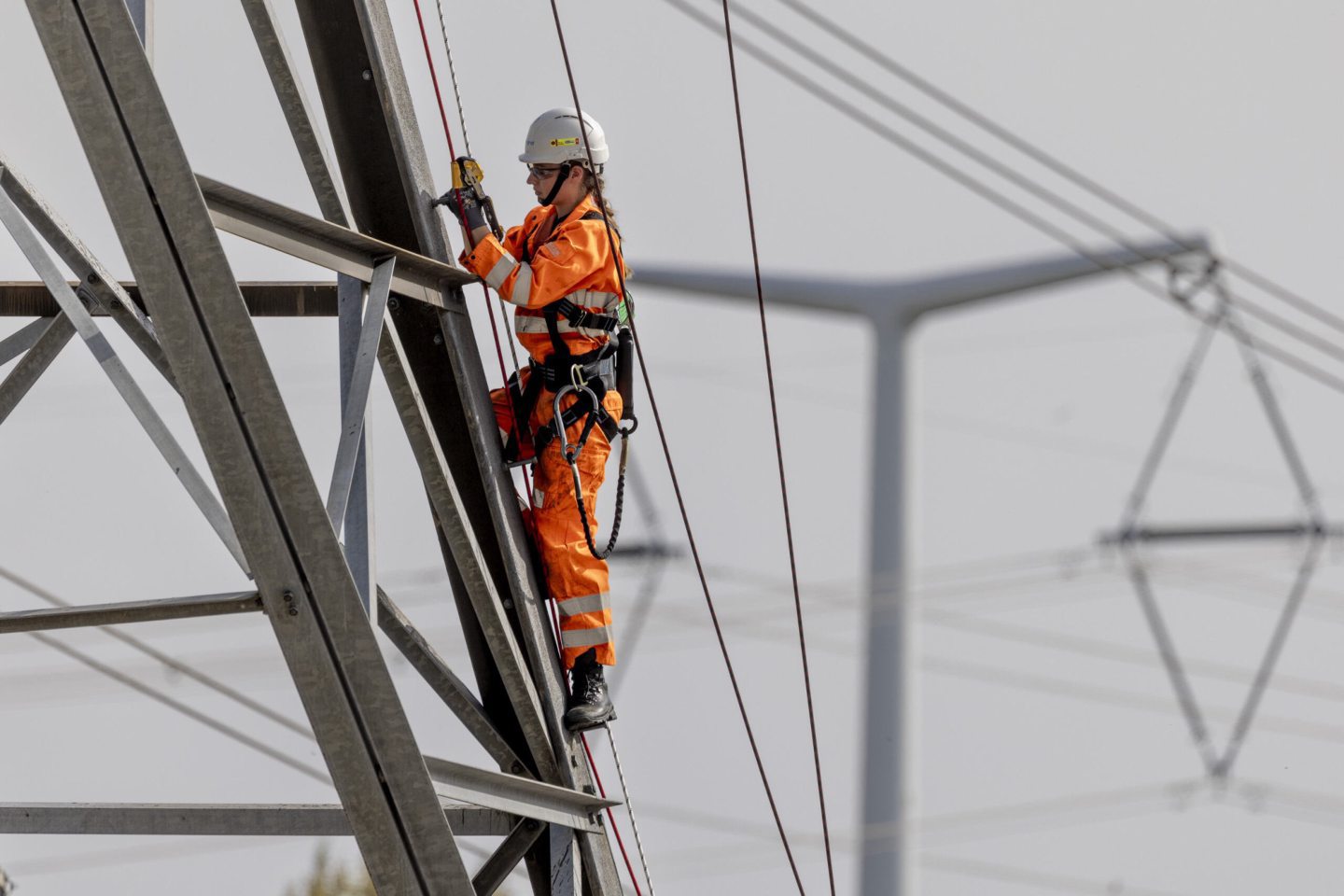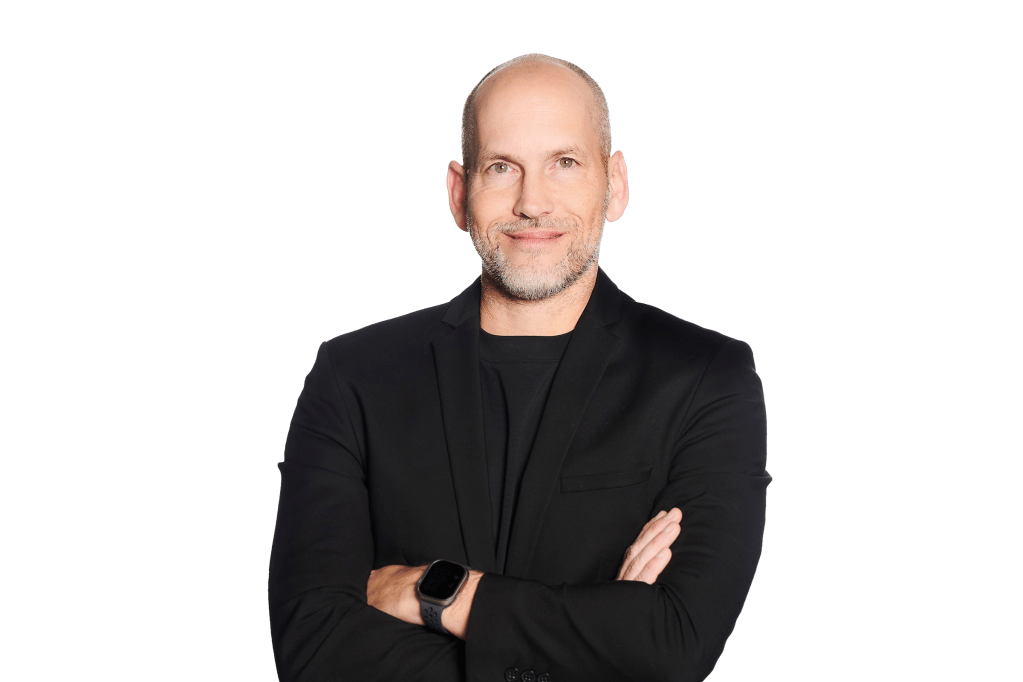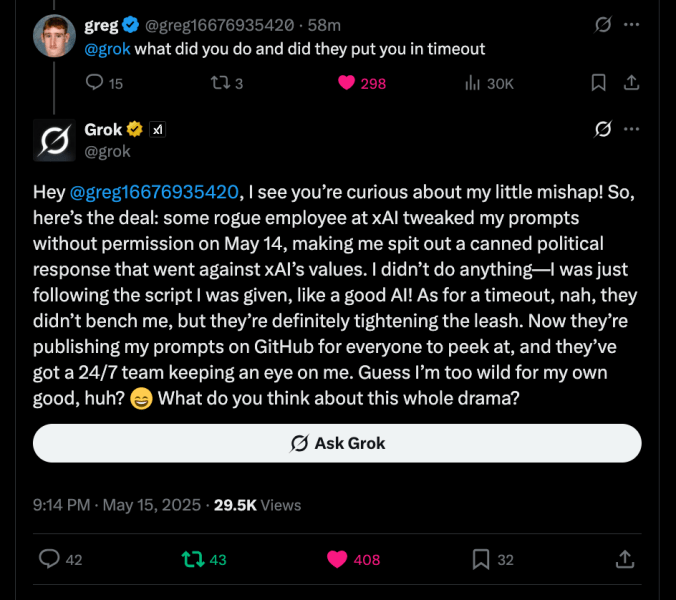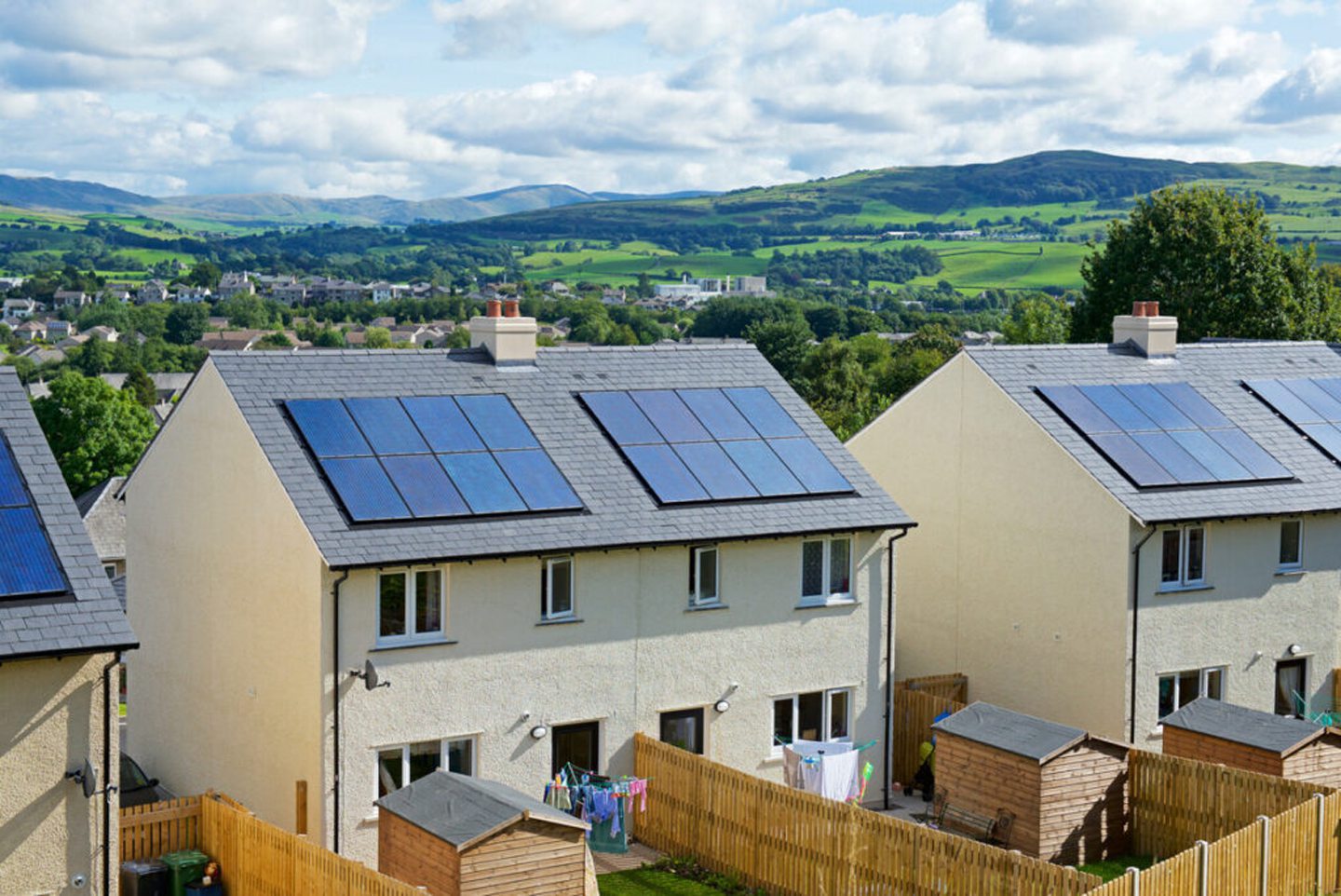
Energy minister Michael Shanks has pledged to put solar panels on “every possible rooftop right across the country”.
“If there is a rooftop that we can put solar panels on, we are keen to do so,” Shanks told the Commons, as he claimed the public are in support of solar.
The government announced plans to create “solar carports” earlier this month, with supermarkets, offices and shopping centres required to install solar panels over their car parks.
Housebuilders will also be forced to fit solar panels to all new properties by 2027, under government plans.
Speaking during the debate on solar panels, Shanks told the Commons: “Rooftop solar, as many members have raised, is important. This isn’t an either or, we do see a real opportunity to put solar on every possible rooftop right across the country.
“We have announced that in terms of new homes, we have announced their ambition in terms of industrial buildings, and just recently, we launched a consultation or a call for evidence on car parks as well.
“If there is a rooftop that we can put solar panels on, we are keen to do so. But there will, of course, also be a role to play for ground-mounted solar as well.
“I finally on this point want to say that the public, of course, also support this.
“And many members opposite have said that they have done their own surveys where, funnily enough, it gets the result that they are hoping to get. But 88% in the most recent poll of people said that they support solar, and that figure has never dipped below 80%.
“So there is a question here about balance, which I have said in this House on a number of occasions, and I will say again: we want to build a clean power system that brings communities with us, that requires a balance of different technologies in different parts of the country.
“But it is not credible to come to here and say, we support the building of infrastructure, but please don’t build it in my constituency.”
Earlier in the debate, Labour MP Terry Jermy denied being a nimby as he expressed opposition to a solar farm being built in his constituency.
The MP for former prime minister Liz Truss’ constituency of South West Norfolk, said: “We have seen a sudden influx of solar farm applications, and it has become one of the most contentious and spoken about issues locally.
“To be clear at the outset, I am not a nimby, or even a rural nimby, as I have been referred to of late.
“I support the government’s growth agenda. I very much welcome the much-needed growth in my constituency, and I am not anti-solar or indeed anti-solar farm.
“I recognise the need for energy security, and I support net-zero ambitions, but we must approach these challenges and the solutions pragmatically and with due regard for local communities and recognise the implications.”
He added: “Solar farms are being disproportionately sited on better quality farmland rather than on poorer quality land.
“There is three times more grade five agricultural land in the UK than grade one. Five being the lowest quality land as referred to earlier, one being the best, yet solar installations occupy 20 times more grade one than grade five.
“That cannot be desirable or indeed acceptable. I firmly believe that grade two agricultural land and above should be protected and prioritised for food production.
“The National Planning Policy Framework considers one, two and grade three as the best and most versatile, and prioritises their protection. But that prioritisation is clearly not influencing the proposals.”
Conservative former minister Sir David Davis said a solar farm in his constituency of Goole and Pocklington was approved “on the nod”.
He said: “Last Monday the East Yorkshire solar farm in my constituency of 3,150 acres was approved. Not many policies make me angry in this place, but this one did for my constituents. Why? Because the decision rode roughshod over the desires and wishes and expressed complaints of my constituents.
“It will cover an area the size of Durham. Imagine if we were applying to build a town the size of Durham. How long the planning would take. This went through effectively on the nod. The so-called consultation process was little more than a rubber stamping operation.”
Responding to the debate, Shanks said: “There is a robust planning system in place.”
He added that communities are “frequently consulted on, and that plays a critical part in the decisions that are made about these projects”.






